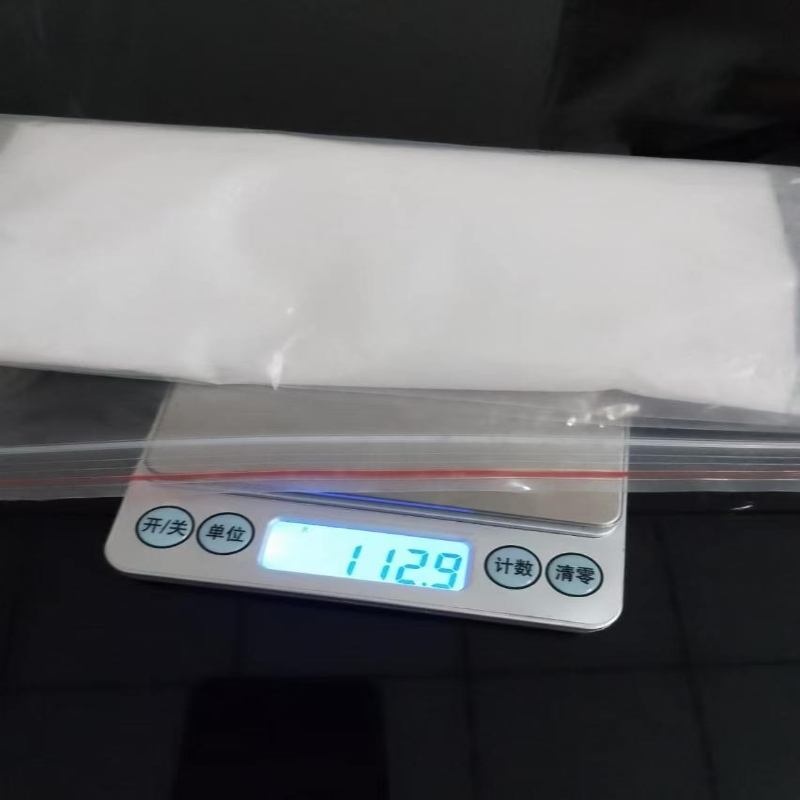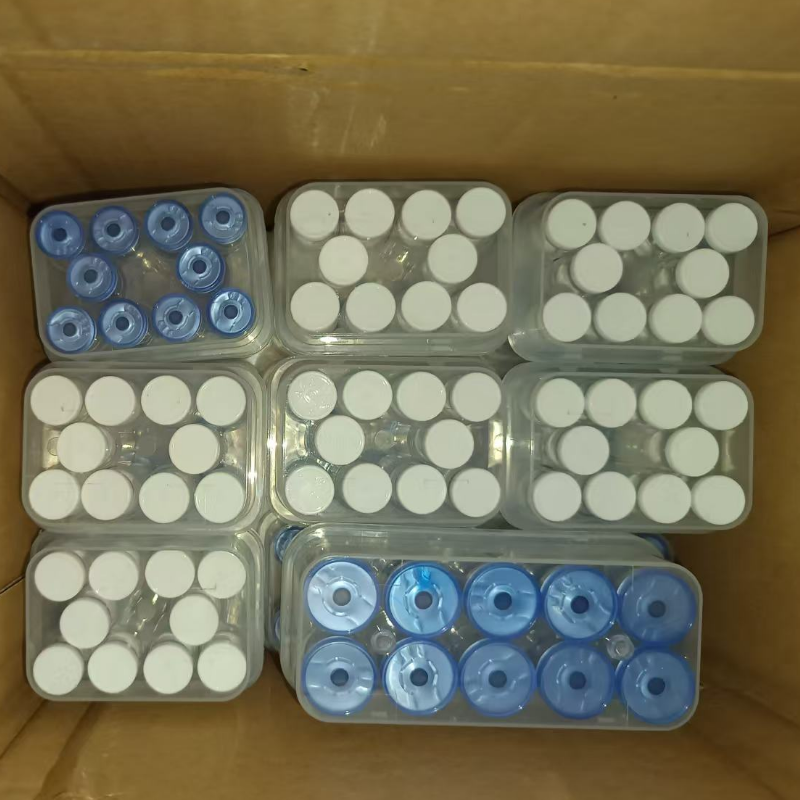-
Categories
-
Pharmaceutical Intermediates
-
Active Pharmaceutical Ingredients
-
Food Additives
- Industrial Coatings
- Agrochemicals
- Dyes and Pigments
- Surfactant
- Flavors and Fragrances
- Chemical Reagents
- Catalyst and Auxiliary
- Natural Products
- Inorganic Chemistry
-
Organic Chemistry
-
Biochemical Engineering
- Analytical Chemistry
-
Cosmetic Ingredient
- Water Treatment Chemical
-
Pharmaceutical Intermediates
Promotion
ECHEMI Mall
Wholesale
Weekly Price
Exhibition
News
-
Trade Service
Amibantamab (JNJ-6372, trade name: Rybrevant) is a fully human EGFR-MET (interstitial epidermal transformation factor) bispecific antibody capable of binding to the extracellular domains of EGFR and MET with a multiplex anti-cancer mechanism
.
Traditional EGFR-TKI drugs are not ideal in patients with exome 20 insertion mutations, and an important alternative or bypass mechanism of EGFR-TKI resistance is MET pathway activation
.
Evantumab inhibits the two signaling pathways EGFR and MET by blocking ligand-induced activation and inducing receptor degradation, thereby exerting its advantages in the treatment of such non-small cell lung cancer patients, making Evantumab the first targeted drug
for EGFR exon 20 insertion mutant lung cancer patients.
Another type of advantage of avantumab is that it is therapeutically active against almost all EGFR mutation types and still has good efficacy
after osimertinib resistance.
Approvals
On May 21, 2021, the US FDA approved the marketing of avantumab for the treatment of adult patients
with EGFR exon 20 insertion mutations with locally advanced or metastatic non-small cell lung cancer during or after platinum-based chemotherapy treatment.
At present, evantumab has been included in the breakthrough therapy variety by China's National Food and Drug Administration (NMPA), and a number of clinical trials are being carried out in China, including in combination with the third-generation EGFR tyrosine kinase inhibitor lazetinib for the first-line treatment of locally advanced or metastatic non-small cell lung cancer
with EGFR mutations.
Approval of avantumab is based on the results
of a multicenter, open-label, multi-cohort clinical trial, CHRYSALIS (NCT02609776).
The study analyzed 81 advanced non-small cell adult patients with EGFR exon 20 insertion mutations, with a median follow-up of 9.
7 months, who had previously received platinum-based chemotherapy and had disease progression during or after; 25% had previously received EGFR-TKI and 46% had received immunotherapy
.
These patients received evantumab weekly for 4 weeks and then every 2 weeks thereafter until disease progression or unacceptable toxicity
.
Key observations reported an overall response rate (ORR) of 40%, a median duration of response (DOR) of 11.
1 months, and a clinical benefit rate (≥PR+SD≥11 weeks) of 74%.
Method of use and dosage
The dose of avantumab is based on the patient's baseline body weight (change in weight after baseline measurement does not require dose adjustment).
Once a week for 4 weeks (recommended amounts are given in divided doses on days 1 and 2 of the first week), then injected every two weeks until the disease progresses or unacceptable toxicity
.
Adverse reactions
Most common adverse effects (≥20%)
Rash, infusion-related reactions, paronychia, musculoskeletal pain, dyspnea, nausea, fatigue, edema, stomatitis, cough, constipation, and vomiting
.
The most common grade 3 or 4 laboratory test results were abnormal (≥2%)
Lymphopenia, decreased albumin, decreased phosphate, decreased potassium, increased alkaline phosphatase, increased glucose, increased γ-glutamyltransferase, and decreased
sodium.
Precautions
1.
Infusion-related reactions (IRR)
Infusion-related reactions should be discontinued
.
Reduce the infusion rate or permanently stop Rybrevant
depending on the severity of the condition.
2.
Interstitial lung disease (ILD)/pneumonia
Monitor for emerging or worsening symptoms
of interstitial lung disease.
Discontinue Rybrevant immediately in patients with suspected interstitial hepatitis/pneumonia and permanently if interstitial hepatitis/pneumonia is confirmed
.
3.
Skin adverse reactions
May cause rashes, including acneiform dermatitis and toxic epidermal necrolysis
.
Depending on the severity of the condition, Rybrevant
is suspended, reduced, or permanently discontinued.
4.
Ocular toxicity
Patients with worsening ocular symptoms should be referred to an ophthalmologist promptly
.
Depending on the severity of the condition, Rybrevant
is suspended, reduced, or permanently discontinued.
5.
Embryo-fetal toxicity
Can cause fetal damage
.
Women are advised to be aware of the potential risks to the fetus and to use effective contraception
.







